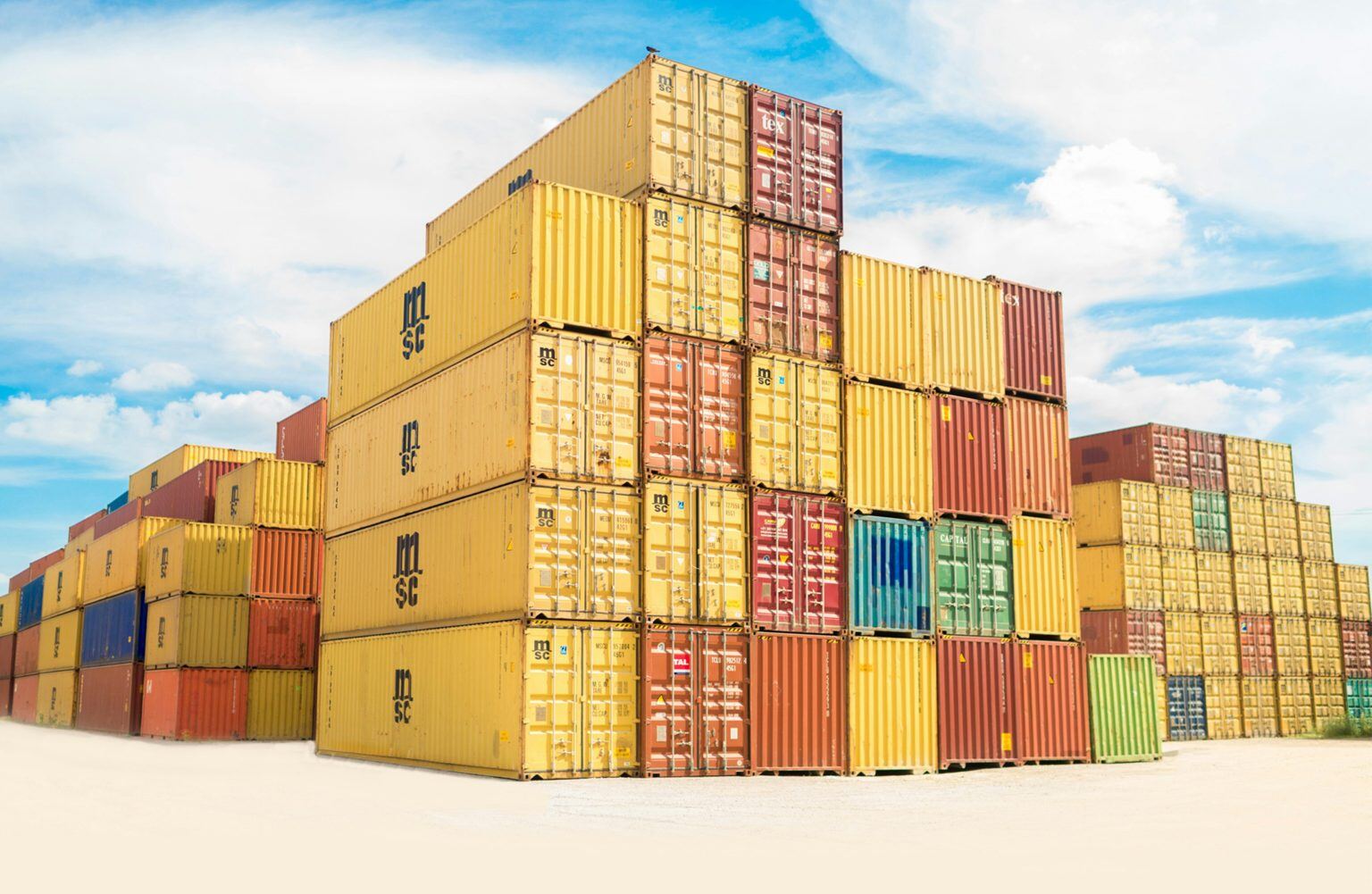
Update: Further legal developments regarding tariffs
In the 24 hours following the Court of International Trade’s (CIT) May 28 opinion declaring the IEEPA tariffs unlawful, a series of significant legal developments have unfolded. Here is what is important to know:
- Tariffs must still be paid: All shipments covered by the April 2 executive orders are again subject to duty collection.
- This is not a final decision: The appeals court’s stay is temporary and procedural.
- June 5 is the next milestone: The next hearing is scheduled, and changes may follow.
What Does This Mean for Importers and Customs Brokers?
Tariffs:
For now, the IEEPA tariffs remain in effect. The CAFC’s temporary stay means that U.S. Customs and Border Protection will continue collecting duties while the courts consider whether to suspend the tariffs more permanently. Importers must continue paying the applicable duties.
Jurisdiction:
There is now a jurisdictional conflict between two federal courts, each asserting authority over the issue. Whether the CIT or the District Court will ultimately control the outcome remains to be seen and will be a key determinant in how the cases proceed.
Refunds:
Should the tariffs be permanently struck down, importers may be entitled to refunds retroactive to the first dates of tariff imposition (February 4 or April 5, depending on the tariff category). However, no refunds can be claimed at this stage. Importers must not file Post Summary Corrections (PSCs) or omit tariffs from current entries. If liquidation occurs before resolution, importers should be prepared to file formal protests to preserve their claims.
Next Steps for Importers:
Importers should closely monitor all entries that incurred IEEPA tariffs, keeping detailed records of expected liquidation dates and protest deadlines (180 days post-liquidation). This preparation will allow timely filing of PSCs or protests, depending on the status of each shipment. Be aware that if the executive orders are ultimately vacated, a substantial number of refund claims will be filed. Refund processing may extend well into 2026 or 2027.
